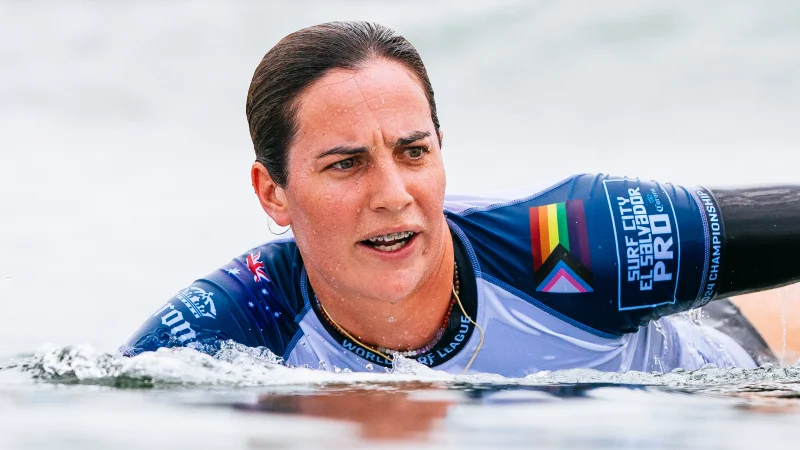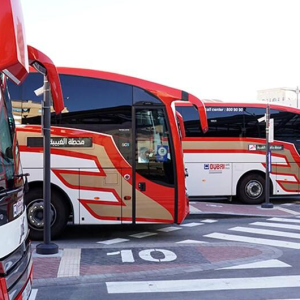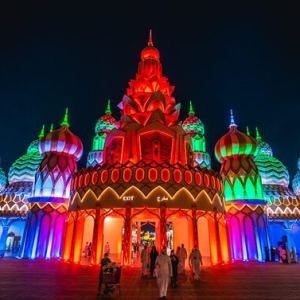Australian surfing champion Tyler Wright is making waves—both in the water and in the world of sports activism. The two-time world champion is competing in the World Surf League (WSL) event in Abu Dhabi, despite the United Arab Emirates’ (UAE) strict anti-LGBTQ+ laws.
As a vocal advocate for LGBTQ+ rights, Wright’s decision to participate in the competition has sparked a global debate. Some fans and activists support her choice, believing she is using her platform to challenge outdated laws. Others, however, argue that her presence in Abu Dhabi could be seen as legitimizing a country that criminalizes same-sex relationships.
The controversy raises important questions: Should athletes boycott countries with human rights issues? Or should they compete while using their visibility to push for change? Wright’s decision sits at the center of this debate.

A Difficult Choice for a Champion

Tyler Wright is known for more than just her talent in surfing—she is also a dedicated advocate for social justice and inclusivity in sports. Over the years, she has worn pride-themed jerseys, spoken about LGBTQ+ rights, and used her influence to promote equality.
Her participation in Abu Dhabi, where LGBTQ+ people face legal risks and discrimination, was not an easy decision. In an interview before the event, Wright addressed the concerns, stating that refusing to compete in such locations does not necessarily lead to progress.

“I understand the criticism, and I respect it,” she said. “But for me, avoiding a place doesn’t help create change. Change happens when people show up, have conversations, and bring visibility to issues that are otherwise ignored.”
Her decision reflects a growing movement in the sports world where athletes use their platforms to challenge discrimination, rather than simply boycotting problematic locations.
The Backlash and Mixed Reactions

Wright’s participation has led to a wave of reactions—both supportive and critical.
Criticism from Human Rights Activists
Some human rights organizations and LGBTQ+ activists have expressed disappointment in both Wright and the WSL for choosing to compete in the UAE. They argue that by holding events in countries with anti-gay laws, sports organizations are indirectly supporting governments that criminalize LGBTQ+ people.
On social media, some critics voiced their frustration:
- “This isn’t just about competition. It’s about sending a message. The WSL should refuse to hold events in places where LGBTQ+ rights are ignored.”
- “Tyler Wright is an advocate, but competing in Abu Dhabi sends a conflicting message. Why not take a stand by refusing to go?”
Critics argue that major sporting bodies should take stronger stances, similar to how some musicians and entertainers refuse to perform in certain countries due to human rights concerns.
Support from Fans and Fellow Athletes
At the same time, many fans and fellow athletes have come to Wright’s defense, praising her bravery for competing while also speaking out. Supporters argue that boycotts often do little to change oppressive policies, while direct visibility and engagement can be more impactful.
Australian Olympic swimmer Ian Thorpe, an outspoken LGBTQ+ advocate, voiced his support:
“Tyler is standing in the middle of a tough debate, but I believe she’s doing the right thing. You don’t create change by staying silent or staying away—you create it by being present and making people listen.”
Other athletes have also pointed out that sports have historically been a bridge for cultural and social progress. By competing and speaking openly, Wright is bringing attention to issues that might otherwise be ignored.
The Larger Debate: Should Sports and Politics Mix?
The controversy surrounding Wright is part of a much larger conversation about the role of sports in political and human rights issues.
This is not the first time international competitions have been criticized for taking place in countries with restrictive laws.
- The 2022 FIFA World Cup in Qatar was heavily scrutinized due to Qatar’s treatment of LGBTQ+ people and migrant workers.
- Formula 1 races in Saudi Arabia have faced backlash because of the country’s human rights record, particularly regarding women’s rights and LGBTQ+ issues.
- The Olympics and other major sporting events have repeatedly sparked debates over whether athletes should compete in politically controversial locations.
Some argue that sports and politics should remain separate, while others believe that athletes have a duty to take a stand against injustice.
For Wright, her choice reflects a middle ground—competing while also using her voice to highlight issues that matter.
The World Surf League’s Role and Response
The World Surf League (WSL) has remained relatively quiet on the controversy. While the league publicly promotes diversity and inclusion, it has faced criticism for scheduling events in countries with anti-LGBTQ+ laws.
A WSL spokesperson briefly addressed the issue:
“We are committed to making surfing an inclusive sport and supporting all of our athletes, regardless of their background.”
However, the league has not clarified whether it will reconsider hosting events in regions with discriminatory laws in the future.
The organization’s decision to hold the competition in Abu Dhabi raises questions about how much weight inclusion policies carry when financial and logistical factors come into play.
What’s Next for Tyler Wright?
Despite the controversy, Wright remains focused on her performance. As one of the world’s top surfers, she is expected to be a strong competitor in Abu Dhabi.
Beyond this event, she has made it clear that her advocacy will not stop. Whether through interviews, social media, or her presence at competitions, Wright continues to push for greater inclusivity in sports.
In an Instagram post ahead of the competition, she reaffirmed her commitment:
“I know this is a difficult conversation, but difficult conversations are necessary. I will always stand for equality, no matter where I compete.”
As debates over sports, activism, and human rights continue, Tyler Wright’s decision to compete in Abu Dhabi highlights the complexities of being both an athlete and an advocate.
Also read: UAE’s Film Industry Shines Globally with Award-Winning Documentaries












